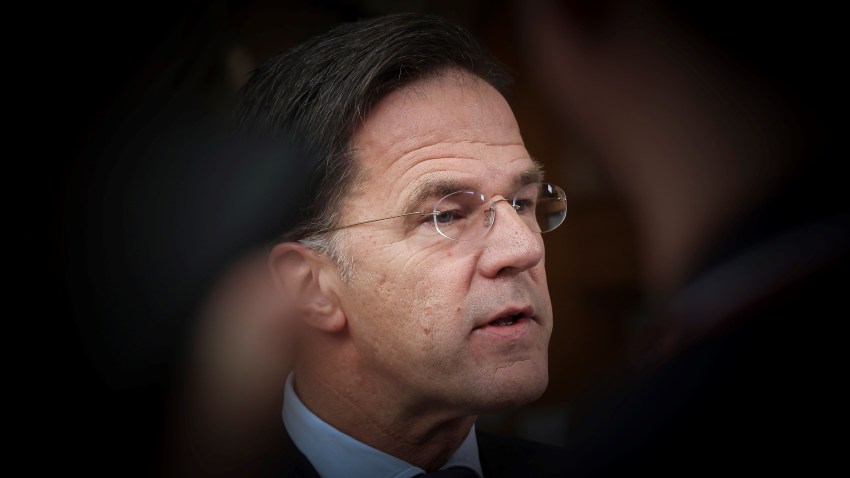When Dutch Prime Minister Mark Rutte announced in July that he was stepping down and leaving politics, he unleashed a chain reaction of resignations and political realignments in the Netherlands. With new elections now scheduled for November, the outcome of that scramble is still playing out.
The longest-serving prime minister in Dutch history, Rutte has so dominated his party—the center-right People’s Party for Freedom and Democracy, or VVD—that his impending withdrawal from the arena left no immediately apparent successor. And the VVD has for so long had the upper hand in Dutch politics that the transition to the post-Rutte era has upended the national political landscape, opening the way for a new generation of leaders and, ultimately, a new prime minister.
Rutte’s decision didn’t just leave the Netherlands in search of a prime minister. It also forced the VVD to find a new leader. Considering there was no obvious successor—one reason Rutte was able to maintain control over the party for so long—it was surprising that the VVD managed to settle so fast on its candidate for prime minister come November. Perhaps even more surprising, it chose not only a woman, but also a refugee born in a Muslim country for the top spot.

